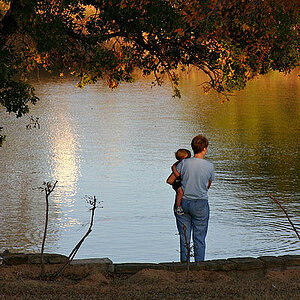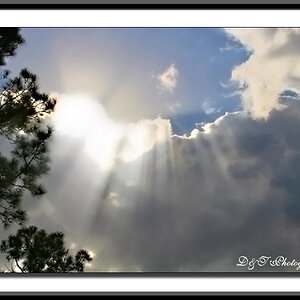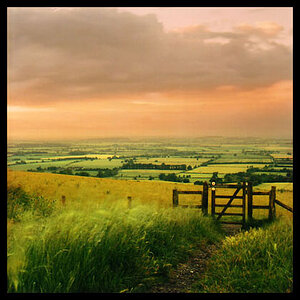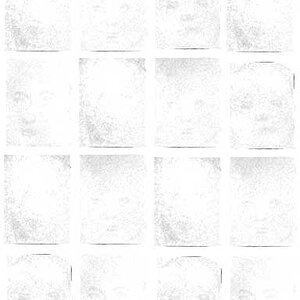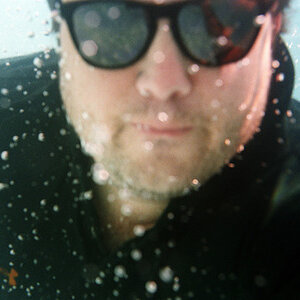Chann
TPF Noob!
- Joined
- Nov 7, 2011
- Messages
- 81
- Reaction score
- 5
- Location
- Little Rock, Arkansas
- Can others edit my Photos
- Photos OK to edit
http://www.techbriefs.com/component/content/article/14060
Hopefully harddrives will be 1,000 terabytes if this becomes mainstream.
We'll see how photoshop can handle that file!
Chann
Hopefully harddrives will be 1,000 terabytes if this becomes mainstream.
We'll see how photoshop can handle that file!
Chann


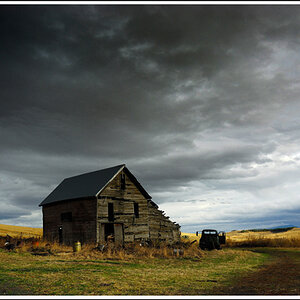

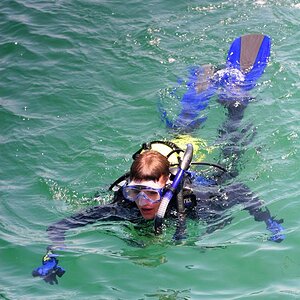
![[No title]](/data/xfmg/thumbnail/38/38265-4b75e7e05f8bf906800580ac7f7ddf60.jpg?1619738549)
